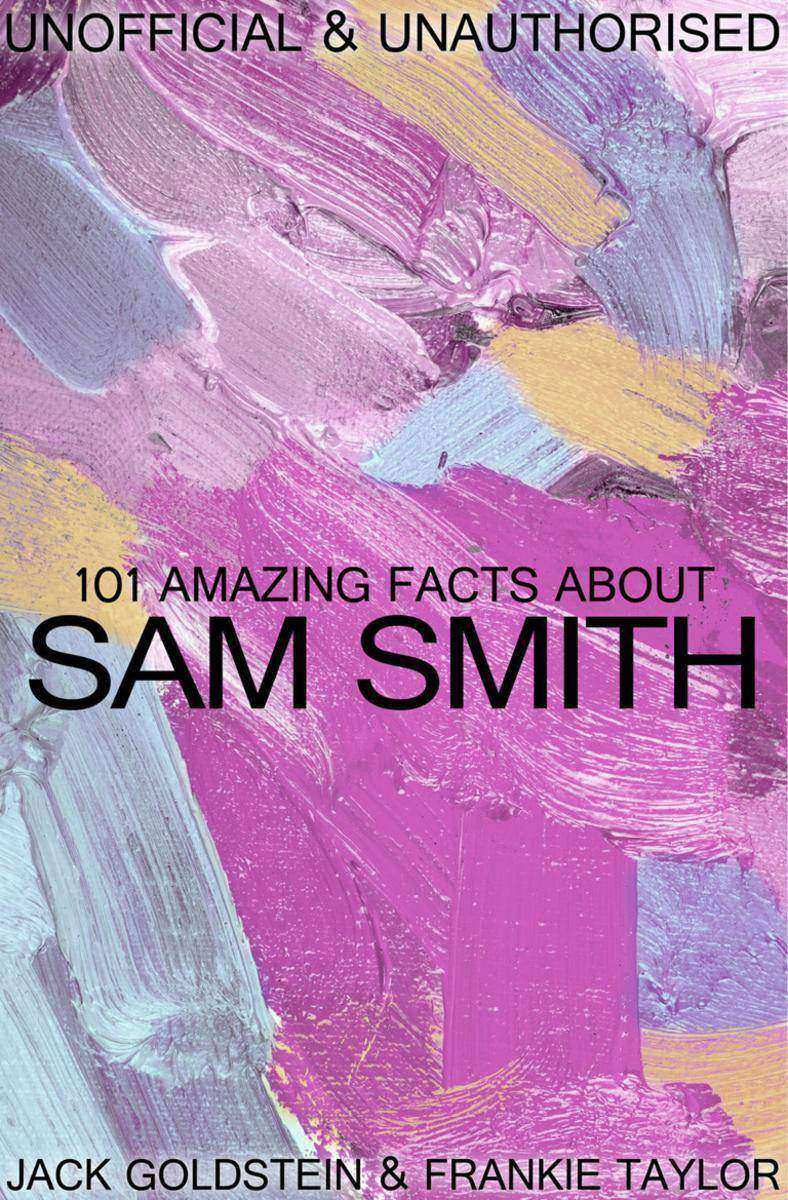
101 Amazing Facts about Sam Smith
¥19.52
Are you the world's biggest Sam Smith fan? Or do you want to find out everything there is to know about one of the world's greatest singer-songwriters of modern times? If so, then this is the book for you! Contained within are over one hundred facts about Sam, from his life before making it big in the music industry to his relationships, likes, dislikes plus much, much more. The book is easily organised into sections so you can find the information you want fast and is an unmissable addition to any fan's bookshelf.

50 Quick Facts about Arizona
¥9.71
This book is part of a series of 50 quick facts about each of the United States of America. This book covers the state of Arizona. Facts about the major cities, the history of the state, famous people linked to Arizona and many more subjects. This book contains all you will ever need to know about the Copper State.

50 Quick Facts about Arkansas
¥9.71
This book is part of a series of 50 quick facts about each of the United States of America. This book covers the state of Arkansas. Facts about the major cities, the history of the state, famous people linked to Arkansas and many more subjects. This book contains all you will ever need to know about the Natural State.
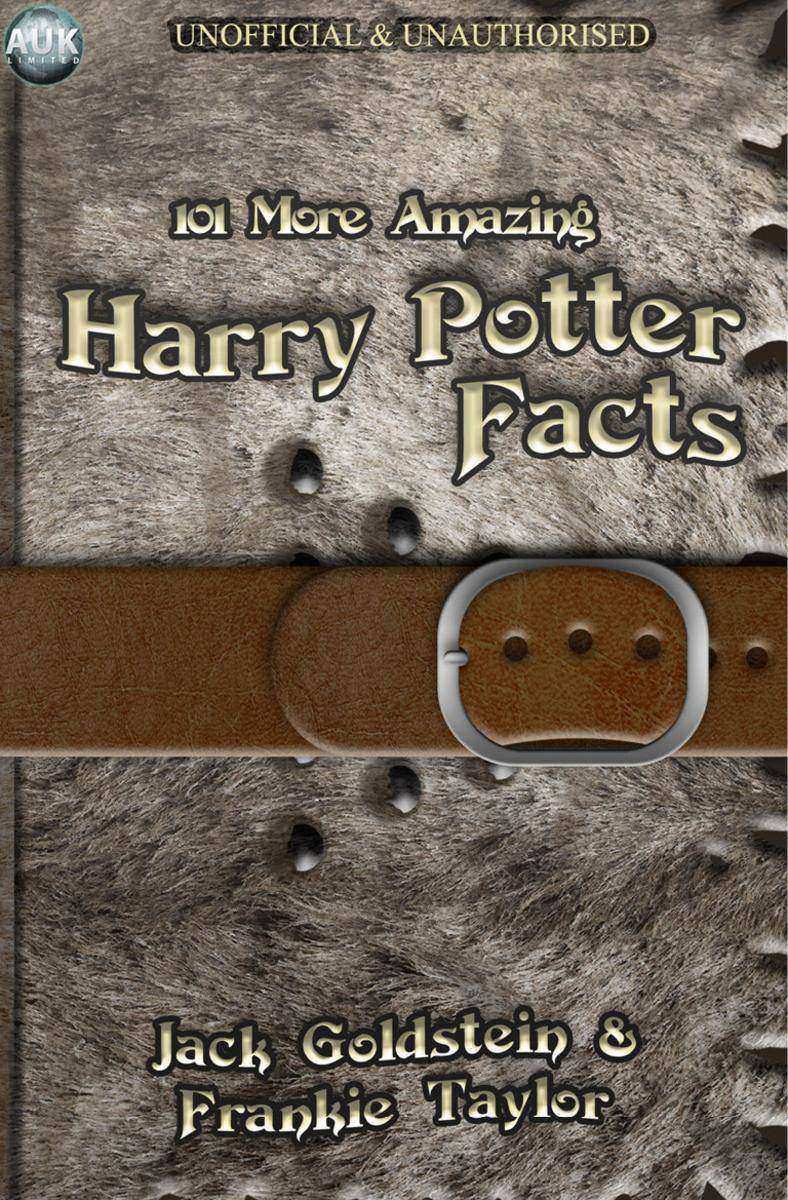
101 More Amazing Harry Potter Facts
¥39.14
Runtime: 38 minutesFollowing on from Jack Goldstein and Frankie Taylor's popular '101 Amazing Harry Potter Facts', this wonderful audiobook contains over one hundred amazing facts covering topics such as muggles in the series, the Ministry of Magic, the Weasleys, quidditch, the triwizard tournament and much more! Through JK Rowling's books and films, we have been introduced to a fantastic and magical world that many of us would like to visit, despite the chance of running into a Death Eater or even Voldemort himself. If you love the world of Harry Potter, you'll also love listening to this book!
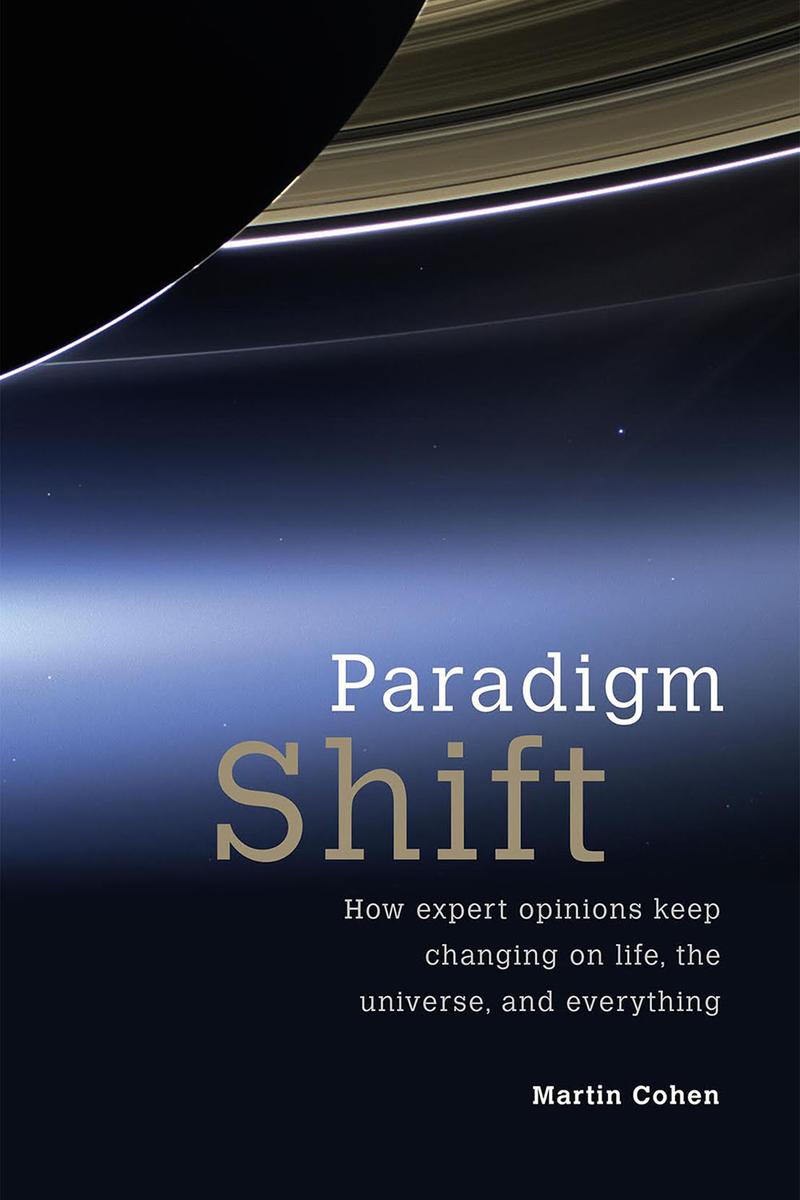
Paradigm Shift
¥107.81
Why do giraffes have long necks? It can't really be for reaching tasty leaves since their main food is ground level bushes, tidy though that explanation would be. And how does relativity theory cope with the fact that the observable universe defies prediction by being far too small and anything but homogeneous? By inventing a vastly larger, but invisible, universe. And what exactly should we make of the scientists who claim to be witnessing thought itself, when the changes of blood flow in the brain that they observe are a thousand times slower than the neuronal activity it is supposed to reveal? A little scepticism is in order.Yet if philosophers of science, from Thomas Kuhn to Paul Feyerabend, have argued that science is a more haphazard process, driven by political fashion and short-term economic self-interest, today almost everyone seems to assume it is a vast jigsaw of interlocking facts pieced slowly but steadily together by expert practitioners.In this witty but profound 21st-century update on the issues, Martin Cohen offers vital clues for understanding not only the way knowledge develops, but also into the dangers of accepting too readily or too uncritically the claims of experts of all kinds - even philosophical ones! The claims are invariably presented as objective fact, yet are rooted in human subjectivity.

One Direction - The Unofficial Book of Everything
¥44.05
Do you want to become the ultimate Directioner? Do you want to know everything about Harry, Louis, Liam, Niall and Zayn? Want to prove your knowledge with not just one but TWO quizzes?If so, then this is the book for you! It contains all five of Jack Goldstein's 1D titles, including: 101 Amazing One Direction Facts, 101 More Amazing One Direction Facts, Harry Styles: The Story So Far, The Ultimate Quiz and finally The Ultimate Lyrics Quiz.With over 200 facts, 320 questions and a quick-read biography of Harry Styles, this is sure to keep any One Direction fan happy for hours!
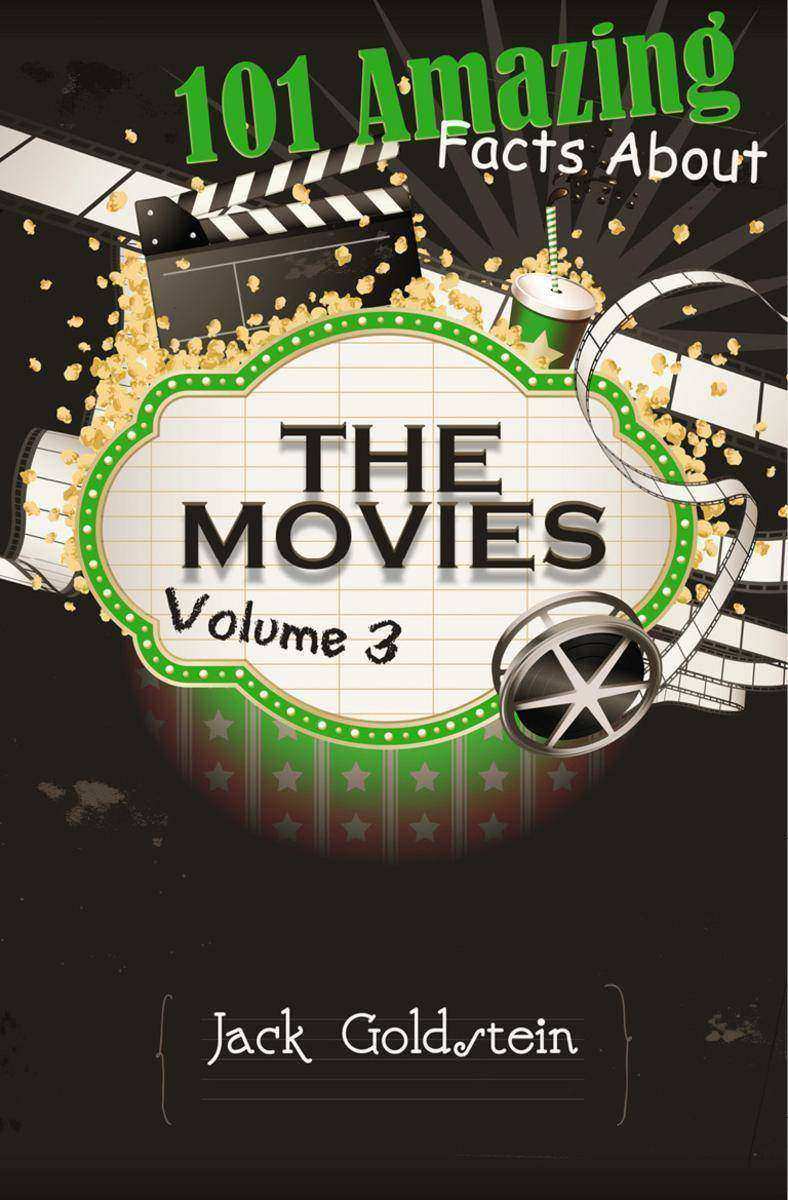
101 Amazing Facts about The Movies - Volume 3
¥19.52
Did you know that Will Smith was the original choice to play Neo in The Matrix? Or that the New Zealand censors cut The Muppet Movie because in their eyes it featured scenes of gratuitous violence? If you enjoy going to the movies, you will love this book which contains over one hundred amazing facts about your favourite flicks. Organised into sections such as stunts, cast members, bad decisions and more, this is the perfect addition for any film fan's bookshelf.
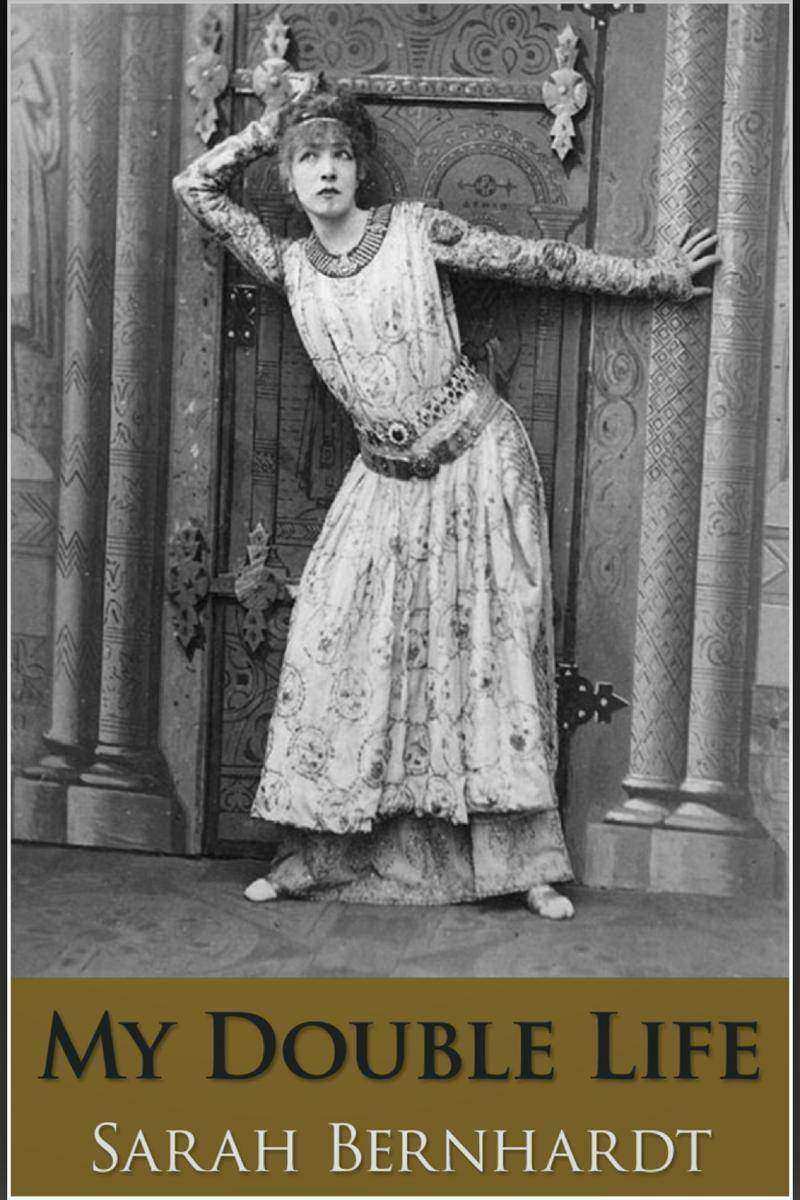
My Double Life
¥19.52
The fantastic memoirs of one of the most famous actresses in history, French stage and early film actress Sarah Bernhardt.

Ellie Goulding Quiz Book
¥24.43
Are you a fan of Ellie Goulding? Have you followed Ellie's steady rise to fame from the release of her debut album in 2010 to current chart success? Would you like to find out more about the talented singer-songwriter and instrumentalist? If you answered yes to any of the above questions, you won't want to be without The Ellie Goulding Quiz Book. Can you name Ellie's second studio album, released in 2012? What BRIT award was Ellie nominated for, and subsequently won, in 2010? Do you know how many instruments Ellie can play? The 100 similar questions in this quiz book have been researched and compiled to test your knowledge of your favourite star and so that you can get to know her better. Bringing you up to date with all the music, events and activities of this popular and versatile performer, this book is packed with information. A fun and entertaining book for the whole family and a must-have for Ellie Goulding fans from five to 95.

Magnum, P.I. Quiz Book
¥29.33
Were you a fan of the 1980s' cult American series Magnum P.I.? Can you remember the names of the four main characters? Was Magnum P.I. one of your favourite TV shows from yesteryear? If so, you won't want to be without this new quiz book. What was Magnum's iconic Hawaiian shirt called? Who was the original composer of the Magnum P.I. theme song? In which major film was actor Tom Selleck originally cast? The answers to these questions and more can all be found inside The Magnum P.I. Quiz Book. With 300 questions on the characters, the actors who brought them to life, writers, episodes, guest stars, cars and much more Magnum related trivia, this book will take you back in time as you relive all those memorable moments from Magnum P.I. Full of facts about the show that had audiences across the globe glued to their screens, this book will tell you everything you ever wanted to know about the award-winning, iconic TV series. This is a must-have for Magnum P.I. fans of all ages.

Great Italian and French Composers
¥19.52
A fascinating look at several famous composers from Italy and France, including Rossini, Verdi, Berlioz and Cherubini.
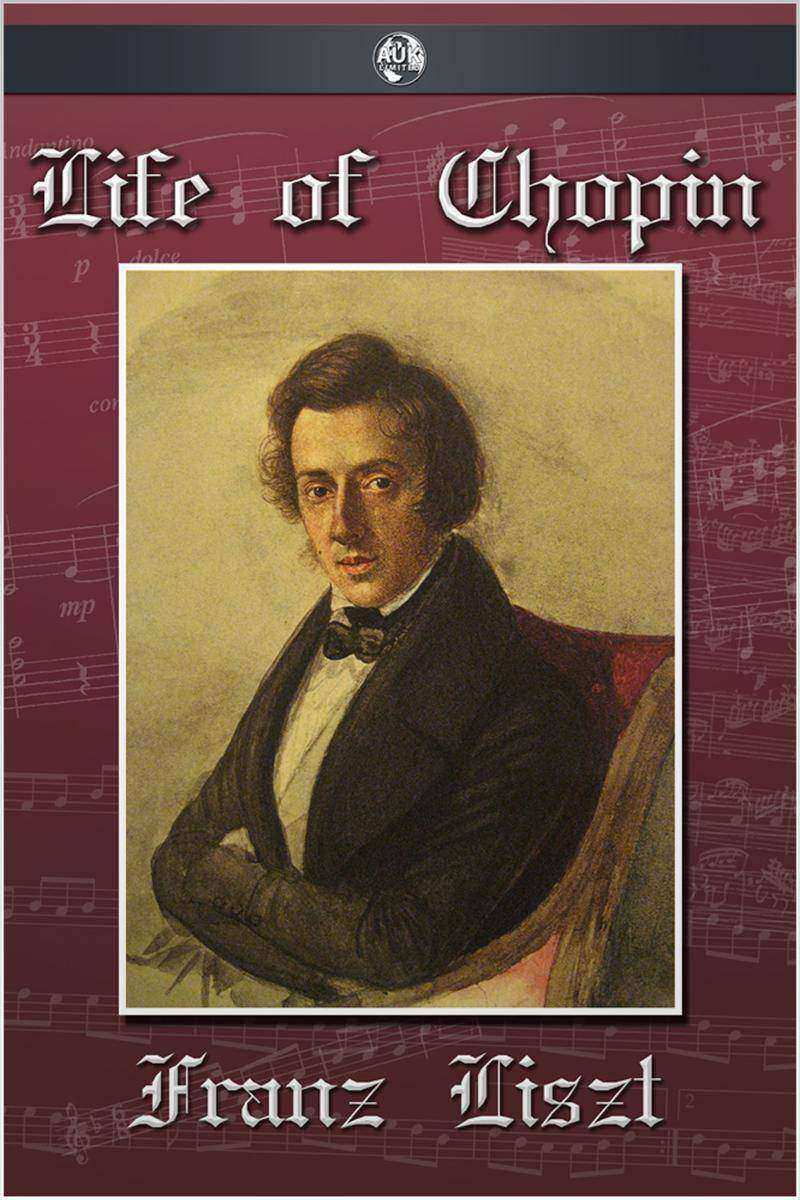
Life of Chopin
¥44.05
This short biography of the famous composer Frederic Chopin (by none other than Franz Liszt!) details his life, his works and gives the reader an interesting guide to the style that defined this master of composing for the piano. This version has been specifically edited and formatted for today's e-readers, and makes an excellent addition to any music-related book collection.

101 Amazing Facts about Ariana Grande
¥19.52
Are you the world's biggest Ariana Grande fan? Or do you want to find out everything there is to know about the actress, singer and songwriter? If so, then this is the book for you! Contained within are over one hundred facts about Ariana, from her childhood and first acting roles through to her emergence as a world-renowned singer with a vocal range to rival Mariah Carey. The book is easily organised into sections so you can find the information you want fast... and is an unmissable addition to any fan's bookshelf!
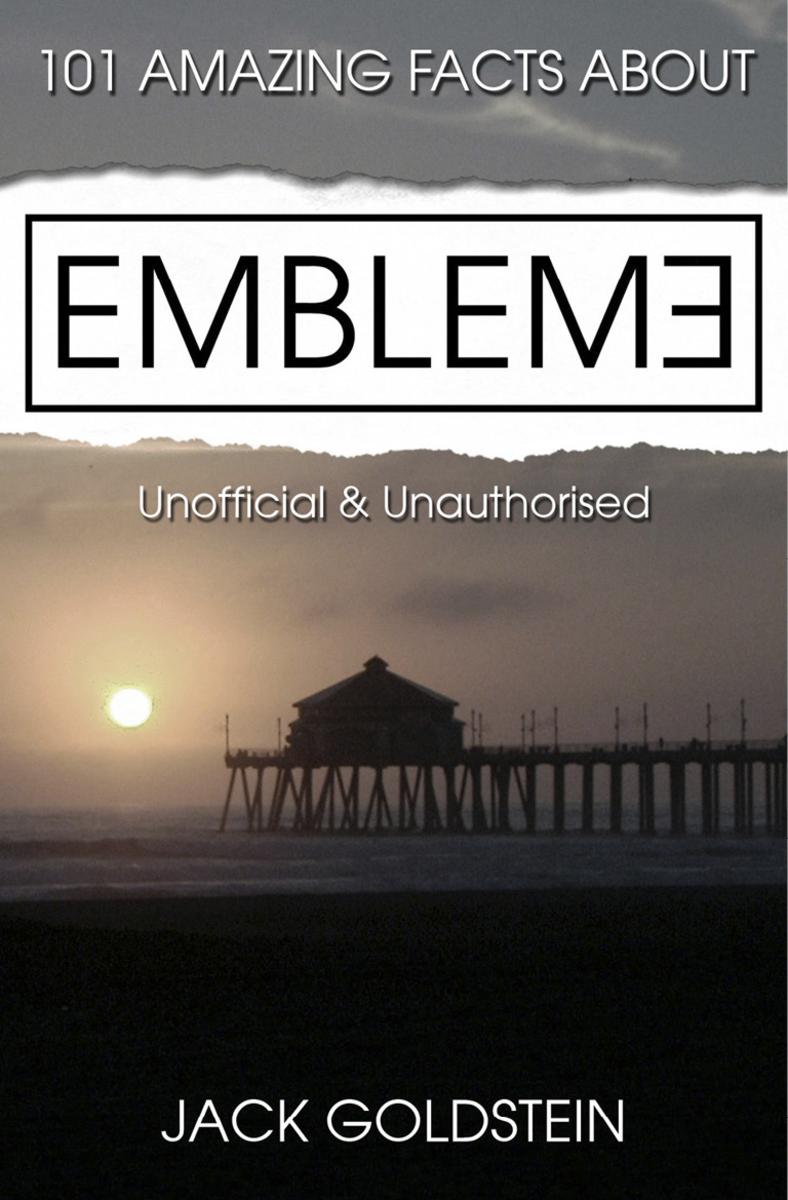
101 Amazing Facts about Emblem3
¥19.52
Are you one of the world's most dedicated Emblems? Do you know more than any other fan? Or do you want to discover some fantastic information about the best new band of the last few years? If so, then this is the book for you! Contained within are more than one hundred amazing facts about everything, from how the boys got started in the music industry to their likes and dislikes, their music and much more - including how Drew shocked everyone by leaving the band! The book is easily organised into sections so you can find the information you want fast, and is perfect for all ages. No Emblem3 fan should be without it!
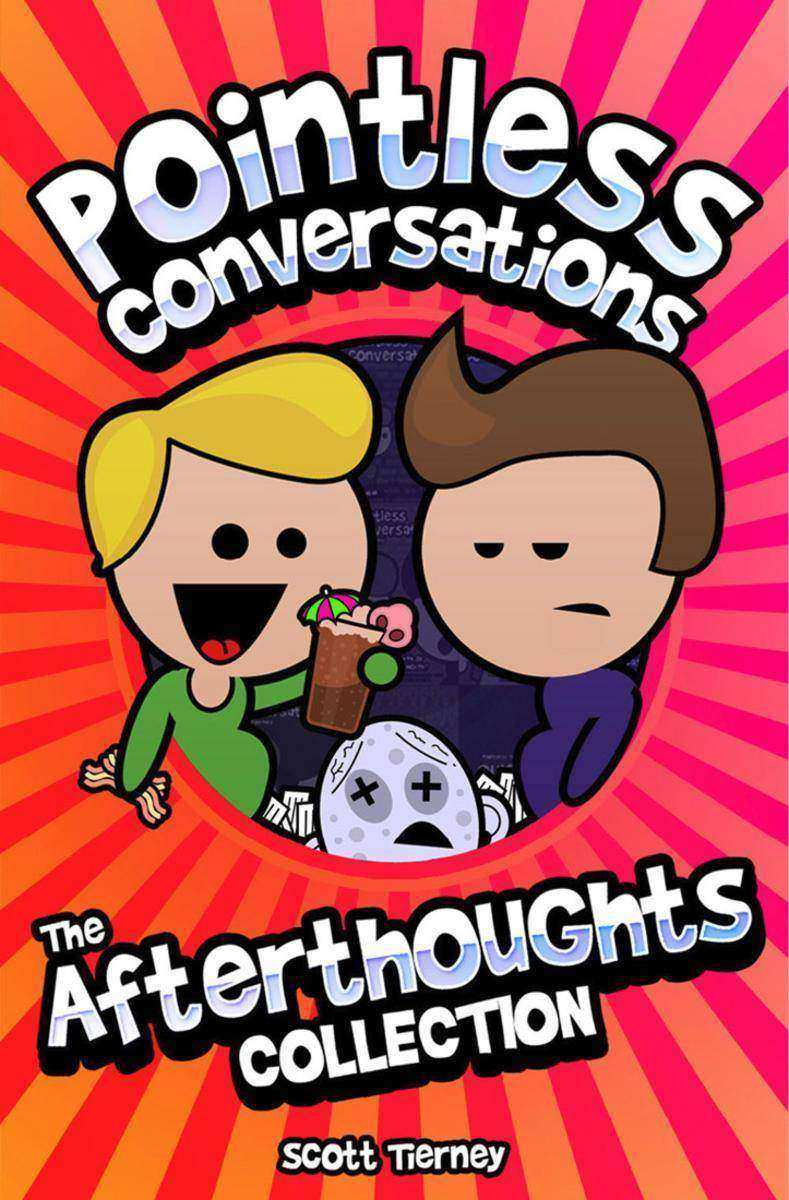
Pointless Conversations - The Afterthoughts Collection
¥19.52
In this latest selection of Pointless Conversations, the previous 12 eBooks and their diverse, eclectic and unequivocally stupid topics are discussed and reassessed once more. Is Superman still a cowardly extraterrestrial? Are Holodecks more of a danger to our bowels than we once thought? Is it wrong to steal Bacon from Liam Neeson, and are some breakfast cereals racist? All these truly essential questions and more are answered...or at least attempted...in Pointless Conversations: The Afterthoughts Collection.
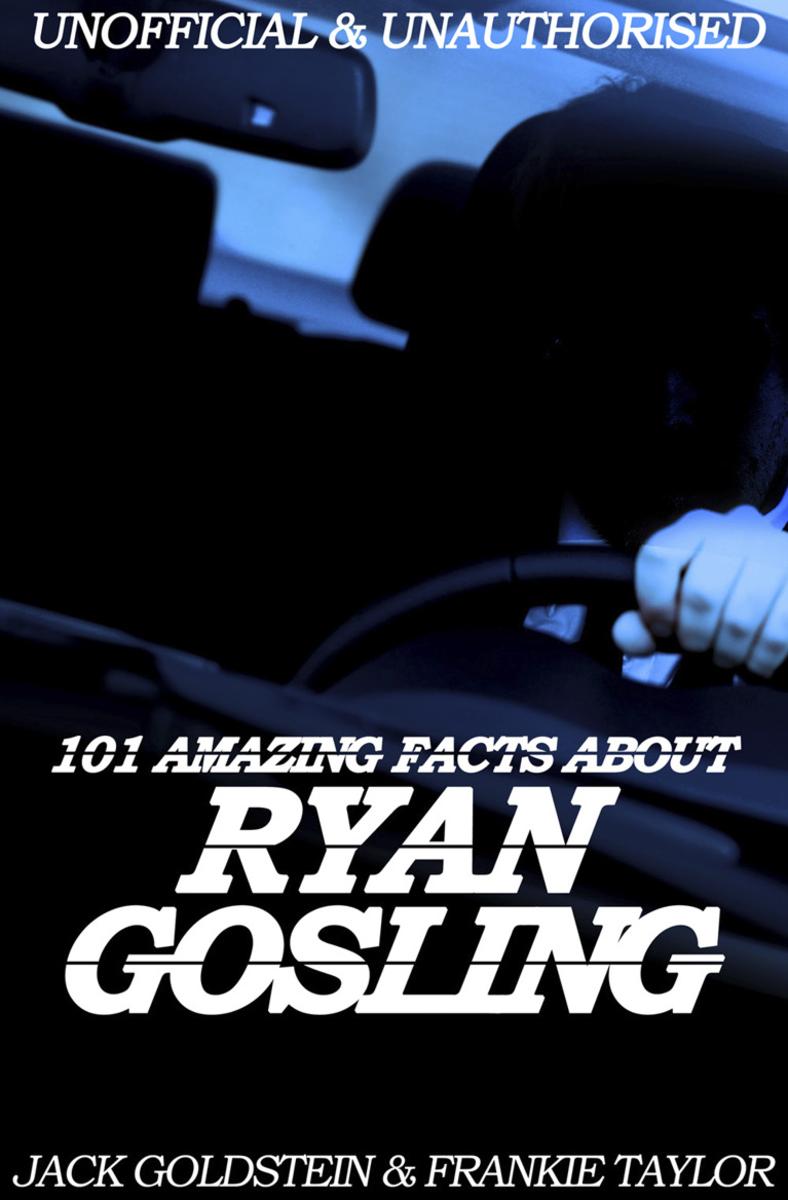
101 Amazing Facts about Ryan Gosling
¥19.52
Are you the world's biggest Ryan Gosling fan? Do you want to find out a whole load of information you probably didn't know about the actor of a generation? Then this is the book for you! Contained within are over one hundred facts, separated into sections such as relationships, funny facts, younger years and more. Become the master of Ryan Gosling knowledge, and see if your friends know as much about the heart-throb as you! Whether your favourite film is The Notebook, Drive or Lost River, or if you're just a huge fan of Dead Man's Bones, then this is the book for you.
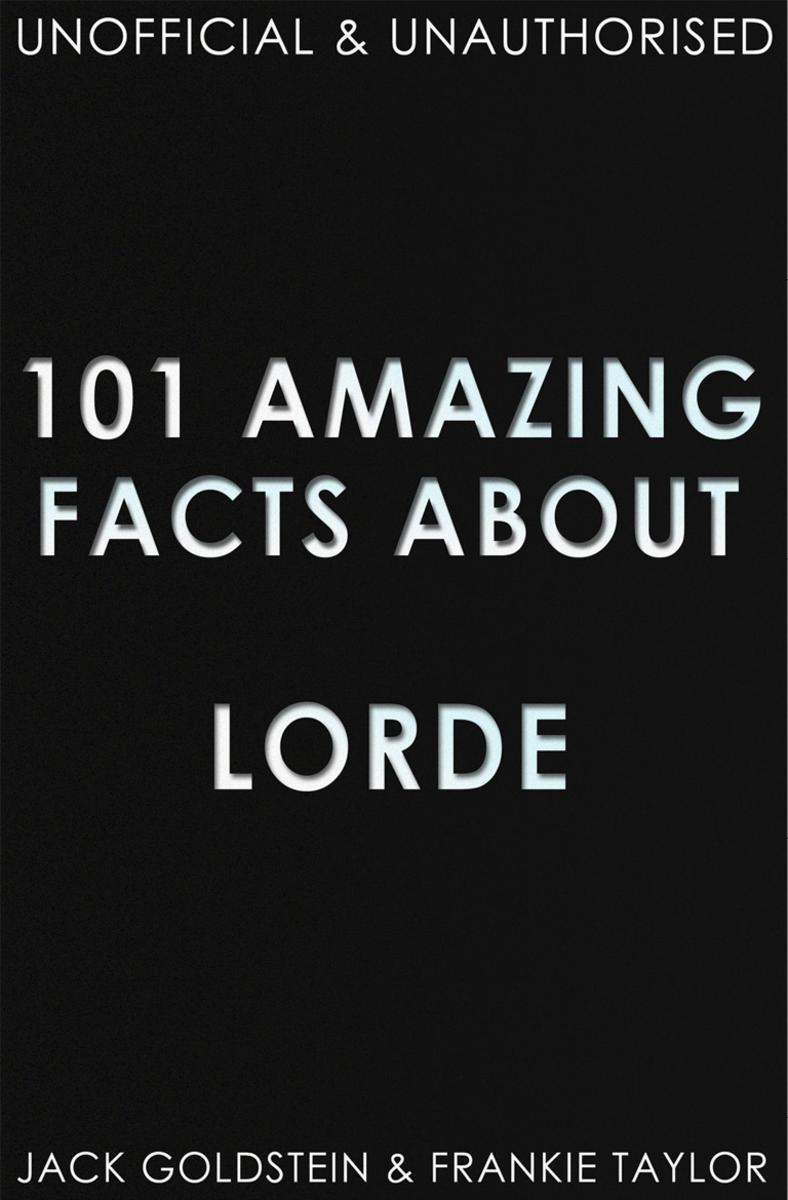
101 Amazing Facts about Lorde
¥19.52
Are you one of the world's most dedicated followers of singing sensation Lorde? Do you know more than any other fan? Or do you want to discover some fantastic information about the songstress who has taken the world by storm? If so, then this is the book for you! Contained within are more than one hundred amazing facts about everything, from how she got started in the music industry to her influences, likes, dislikes and much more. The book is easily organised into sections so you can find the information you want fast, and is perfect for all ages. No Lorde fan should be without it!
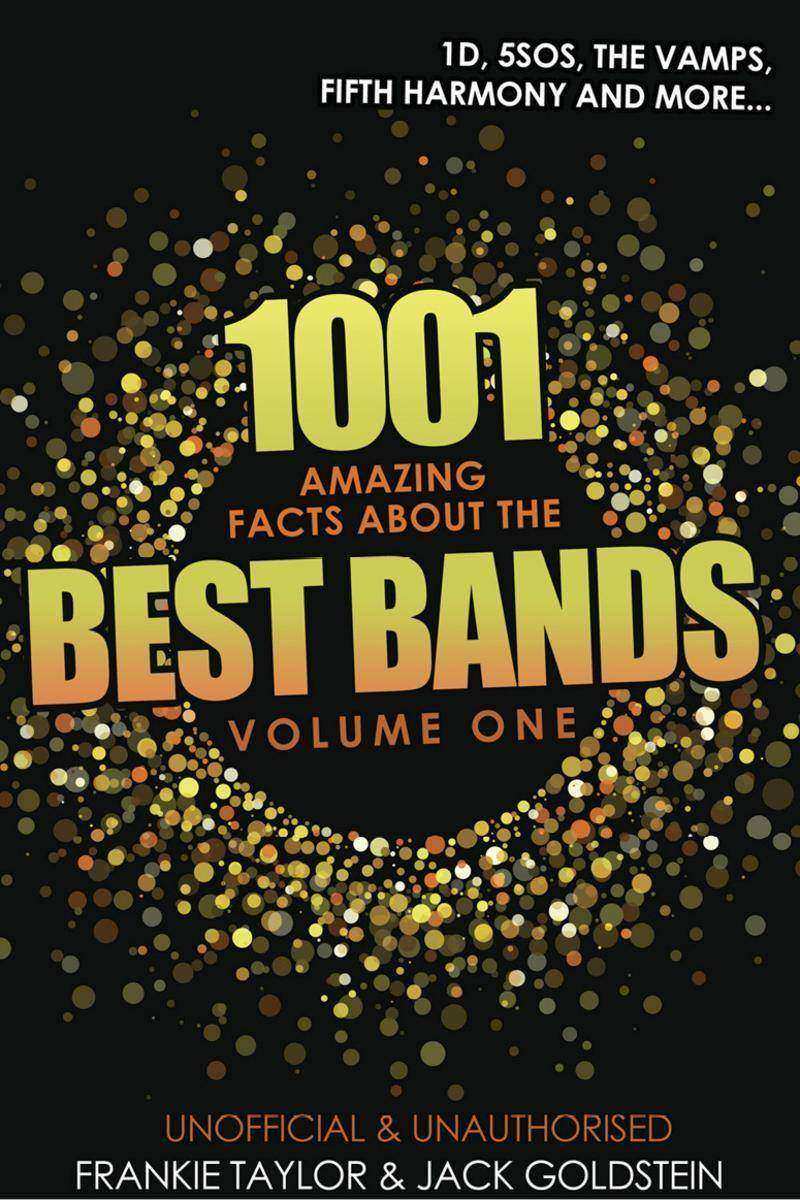
1001 Amazing Facts about The Best Bands - Volume 1
¥48.95
Are you a fan of 5 Seconds of Summer, One Direction, The Vamps and other similar bands? Do you want to know all the inside info on your favourite music acts, from how they first got together to their relationships, likes, dislikes and interesting facts previously known only to those closest to the bands themselves? If so, then this is the book for you. Containing one hundred facts on each band (plus one final bonus fact on 5SOS) this book will make you the master of all rock and pop knowledge! So whether it's Harry Styles and his mates, Luke Hemmings & co, Brad Simpson and friends or any of the other seven groups featured, this is the perfect book for you!

A-Z of Atari 8-bit Games
¥19.52
The A-Z of Atari 8-bit Games: Volume 2 features reviews of three different games for each letter of the alphabet. The games range from the very earliest releases in the late 70s to the modern homebrew games of today. This book shows you just how diverse the library of titles is for the Atari 8-bit computers and how it became one of the popular computers of all time.

Classic Children's Television Quiz Book
¥73.48
Compiled by acclaimed television scriptwriter and novelist Dean Wilkinson, The Classic Children's Television Quiz Book is packed with fascinating facts about the shows you loved as a child as well as those programmes currently capturing the imagination of today's young audiences. From timeless classics like Thunderbirds, Blue Peter and Dr Who to the thoroughly up-to-date Sponge Bob, the 1,000 questions in this book will not only test your memory of the characters you grew up with but your family's knowledge of their current favourites. With a fitting foreword by popular family TV presenters Ant and Dec this book is sure to prove a hit with television lovers of all ages and, in particular, those members of the older generation who have remained young at heart.

A-Z of Atari ST Games
¥19.52
The A-Z of Atari ST Games: Volume 2 features reviews of three different games for each letter of the alphabet. The games range from the very earliest releases in the mid 80s to the modern homebrew games of today. This book shows you just how diverse the library of titles is for the Atari ST range and how it became one of the most popular home computers of all time.




 购物车
购物车 个人中心
个人中心



